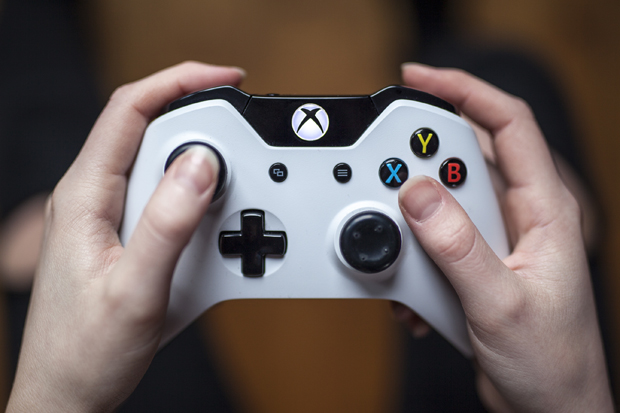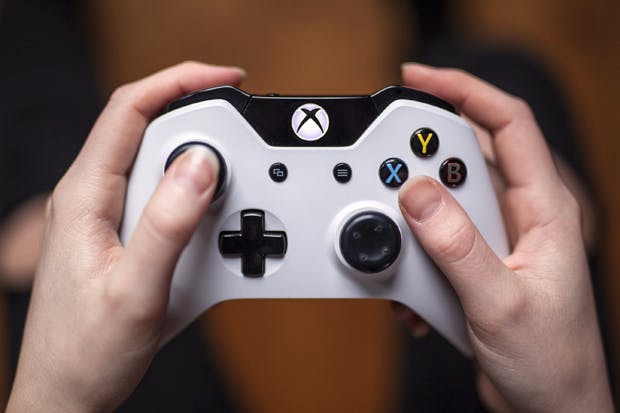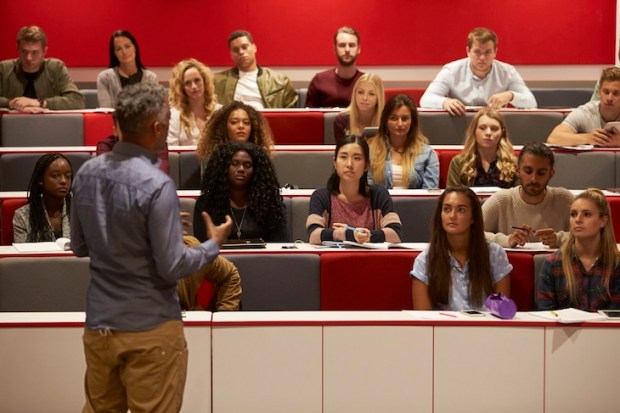The traditional orange at the bottom of a Christmas stocking dates to a time when this was the only orange a child might receive all year. Earlier, in the 17th century, a single pineapple might cost the equivalent of £5,000 today; like pepper in the Middle Ages, pineapple ownership was confined to royalty and the super-rich. Yet last week I spoke to someone who had worked in a food-waste processing plant. She said their worst nightmare was when one of the supermarket chains offered two-for-one on pineapples; so many people would throw away their unwanted second pineapple that the extra acidity played havoc with the chemical workings of the plant.
Because it’s Christmas, I thought it might be time to reflect on some good news. Yes, every newspaper article nowadays mentions the growing problem of wealth inequality, and for a good reason. But this overlooks one strange facet of modern life: quite simply, the world’s most amazing things are no longer all that scarce.
The last 40 years or so have seen something very strange: a dog that doesn’t bark in the night. In short, nobody has invented anything of any significance which is prohibitively expensive. This is unprecedented. For almost all of previous human history, anything new and amazing has been in short supply, and hence mostly confined to the rich.
As a doctor in a mining town, my grandfather could afford lots of things that were out of reach to most people around him. Fridges, radios, a dishwasher (the fourth in Wales, no less), foreign travel and, above all, a car. I don’t know what the Welsh Gini coefficient was back then, but certainly being ten times richer than average allowed you to buy many things which were off-limits to everyone else. To understand inequality in my grandfather’s era, imagine a world where broadband internet access cost £500 a month and a mobile-phone handset cost £2,000. We are sensibly concerned when people in rural areas are denied fast broadband — but it’s nothing to a world where only 10 per cent of people could afford a car.
For most of human history, inventors invented for the rich. After a few decades or so, the fruits might filter down to the other 90 per cent of the population, but this would typically take half a lifetime or so. Now people on median incomes or below can have access to the best technology and entertainment there is.
Recently I was watching Channel 4’s documentary The Secret Life of Prisons. One of the inmates reacted with horror to the suggestion that cons might be allowed a PlayStation 2. The prisoner was having none of this: ‘PlayStation 2? Do you have any idea how old that is? The games are shit.’
Now for all practical purposes the PlayStation 4 and Xbox One are probably the best games consoles in the world. They cost from £200 to £400. If you are a billionaire there isn’t much you can buy that is any better, other than taking an ordinary PS4 and encrusting it with diamonds. What the prisoner was effectively saying was, if expressed in automotive terms: ‘It’s an absolute disgrace that I am being taken to court in a Range Rover V8 Vogue: I want the new Rolls-Royce Dawn.’
Andy Warhol once approvingly said that ‘America started the tradition where the richest consumers buy essentially the same things as the poorest… You know that the President drinks Coke, Liz Taylor drinks Coke, and just think, you can drink Coke, too. A Coke is a Coke and no amount of money can get you a better Coke than the one the bum on the corner is drinking. All the Cokes are the same and all the Cokes are good.’
Today, because most innovation has recently taken place in the field of software, media and entertainment, where the marginal cost of production is almost nil, far more modern goods are of a kind where the rich can’t ‘get a better Coke’ than anyone else. As far as I know, there isn’t a really expensive mobile-phone network for plutocrats, for instance. Even in physical products, most of the cost comes from design rather than manufacture. Yes, it’s possible to spend £20,000 on a mobile phone or £6,000 on a TV — but only if you are a bit of an idiot. For all sensible purposes, someone of average means in Britain can buy the best mobile phone in the world, the best computer games in the world, and have access to the same home entertainment as people ten times richer.
You can no longer reliably tell how rich people are by looking at their clothes. Online retail has made geographical inequality much less pronounced than before. You no longer travel to remote parts of the country and see people wearing laughably outdated fashions — except for German tourists, of course. Reasonable clothing and food is within a short drive or screen-click of almost everyone. Mid-range hotel and restaurant chains are now as good as any sane person routinely needs. There is always a more expensive alternative to these things, of course, but whether the pricier alternative is objectively better is debatable: rather like French hotels, paying more often doesn’t get you a better level of service; just a higher level of pomposity and condescension.
This does not mean a problem with inequality no longer exists. In fact, I would argue that the fact that more and more value is being created in networked goods argues for more redistribution of wealth, not less; put simply, if you want good restaurants, airlines, taxi services, mobile coverage, distribution services, broadband and so forth, you are more likely to get them in a country with a large number of fairly prosperous people than in one with a small number of super-wealthy plutocrats. There is a case to be made that even the rich benefit if more of their wealth is redistributed.
But that’s only part of the problem. The other part of the problem is psychological — that we tend to discount the value of things which are cheap and abundant — or, to use economic language, we don’t derive much pleasure from the consumer surplus. As Alain de Botton remarked, once pineapples became cheap they also became disposable. What was once a prized miracle fruit was thrown away — or, worse still, put on top of a pizza. The practice of saying grace before a meal is an excellent idea: perhaps there should be a technological equivalent.
The post The rich aren’t so different any more appeared first on The Spectator.
Got something to add? Join the discussion and comment below.
Get 10 issues for just $10
Subscribe to The Spectator Australia today for the next 10 magazine issues, plus full online access, for just $10.
You might disagree with half of it, but you’ll enjoy reading all of it. Try your first month for free, then just $2 a week for the remainder of your first year.















Comments
Don't miss out
Join the conversation with other Spectator Australia readers. Subscribe to leave a comment.
SUBSCRIBEAlready a subscriber? Log in